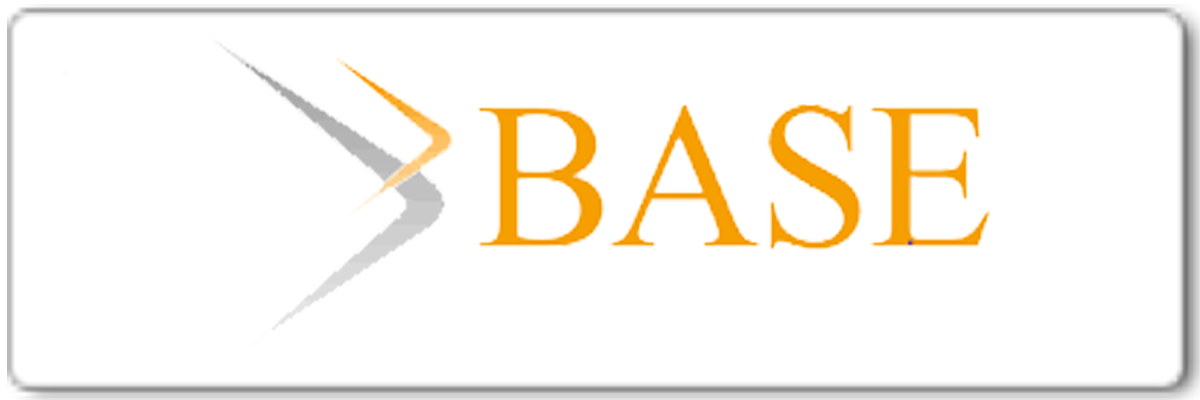Assessing Teachers’ Readiness in Implementing The 21st Science Teaching Pedagogical Practice: A Cross-Sectional Study in West Kalimantan-Indonesia
Abstract
Keywords
Full Text:
PDF (English)References
Kwok, S. (2018). Science education in the 21st century. Nature Astronomy, 2(7), 530-533.
Zukas, M. (2006). Pedagogic learning in the pedagogic workplace: Educators’ lifelong learning and learning futures. International Journal of Pedagogies and Learning, 2(3), 70-80.
Garba, S. A., Byabazaire, Y., & Busthami, A. H. (2015). Toward the use of 21st century teaching-learning approaches: The trend of development in Malaysian schools within the context of Asia Pacific. International journal of emerging technologies in learning, 10(4), 72-79.
Tan, J. P. L., Choo, S. S., Kang, T., & Liem, G. A. D. (2017). Educating for twenty-first century competencies and future-ready learners: research perspectives from Singapore. Asia Pacific Journal of Education, 37(4), 425-436.
Saavedra, A. R., & Opfer, V. D. (2012). Teaching and learning 21st century skills: Lessons from the learning sciences. A Global Cities Education Network Report. New York, Asia Society, 10, 2012.
Fitzgerald, A., Dawson, V., & Hackling, M. (2013). Examining the beliefs and practices of four effective Australian primary science teachers. Research in Science Education, 43, 981-1003.
Griffin, P., & Care, E. (Eds.). (2014). Assessment and teaching of 21st century skills: Methods and approach. springer.
Hilton, M. (Ed.). (2010). Exploring the intersection of science education and 21st century skills: A workshop summary. National Academies Press.
Sim, W. W., & Othman, N. (2017). Amalan pengajaran dan pembelajaran abad ke-21 dalam kalangan guru sekolah rendah. In Prosiding Seminar Penyelidikan Pendidikan Kebangsaan (pp. 477-487).
Herring, S. (2012). Transforming the workplace: critical skills and learning methods for the successful 21st century worker. Big Think.
Kementerian Pendidikan, Kebudayaan, Riset, dan Teknologi. (2022). Pedoman Penerapan Kurikulum Dalam Rangka Pemulihan Pembelajaran. https://ditsmp.kemdikbud.go.id/lima-prinsip-pembelajaran-dalam-kurikulum-merdeka/
Tilaar, H. A. R. (1998). Beberapa agenda reformasi pendidikan nasional dalam perspektif abad 21. IndonesiaTera.
Avery, L. M., & Meyer, D. Z. (2012). Teaching science as science is practiced: Opportunities and limits for enhancing preservice elementary teachers' self‐efficacy for science and science teaching. School Science and Mathematics, 112(7), 395-409.
Friesen, N., & Anderson, T. (2004). Interaction for lifelong learning. British Journal of Educational Technology, 35(6), 679-687.
Bergman, D. J., & Morphew, J. (2015). Effects of a science content course on elementary preservice teachers' self-efficacy of teaching science. Journal of College Science Teaching, 44(3), 73-81.
Velthuis, C., Fisser, P., & Pieters, J. (2014). Teacher training and pre-service primary teachers’ self-efficacy for science teaching. Journal of science teacher education, 25(4), 445-464.
Atik Kara, D., & Kürüm, D. (2007). Sınıf Öğretmeni Adaylarının “Yaşamboyu Öğrenme” Kavramına Yükledikleri Anlam: Anadolu Üniversitesi Eğitim Fakültesi Örneği, 16. Ulusal Eğitim Bilimleri Kongresi, 5-7.
Demirel, M., Sadi, Ö., & Dağyar, M. (2016). An investigation of science teachers' lifelong learning competencies (The case of Karaman). Pegem Journal of Education and Instruction, 6(1), 19-40.
Shohani, S., Azizifar, A., Gowhary, H., & Jamalinesari, A. (2015). The relationship between novice and experienced teachers’ self-efficacy for personal teaching and external influences. Procedia-Social and Behavioral Sciences, 185, 446-452.
Firman, H. (2008). Differences between novice and expert teachers’ knowledge transformation in teaching chemistry at senior secondary school level, Researh Report, Presented October 2008.
Dickson, B. (2011). Beginning teachers as enquirers: m-level work in initial teacher education. European Journal of Teacher Education, 34(3), 259-276.
Djudin, T. (2020). Exploring the 21st century skills and science teaching pedagogy: Profiles, readiness, and barriers. Journal of Education, Teaching and Learning, 5(2), 346-355.
Creswell, J. W., & Guetterman, T. C. (2019). Educational Research: Planning, Conducting, and Evaluating Quantitative and Qualitative Research. Pearson.
Gall, M. D., Borg, W. R., & Gall, J. P. (2007). Educational research: An introduction (8th Edition). Longman Publishing.
Glynn, S. M., & Muth, K. D. (1994). Reading and writing to learn science: Achieving scientific literacy. Journal of research in science teaching, 31(9), 1057-1073.
Mahmoudi, F., & Özkan, Y. (2015). Exploring experienced and novice teachers’ perceptions about professional development activities. Procedia-Social and Behavioral Sciences, 199, 57-64.
Desimone, L. M., Porter, A. C., Garet, M. S., Yoon, K. S., & Birman, B. F. (2002). Effects of professional development on teachers’ instruction: Results from a three-year longitudinal study. Educational evaluation and policy analysis, 24(2), 81-112.
Melnick, S. A., & Meister, D. G. (2008). A comparison of beginning and experienced teachers' concerns. Educational research quarterly, 31(3), 39-56.
Desimone, L. M., Porter, A. C., Garet, M. S., Yoon, K. S., & Birman, B. F. (2002). Effects of professional development on teachers’ instruction: Results from a three-year longitudinal study. Educational evaluation and policy analysis, 24(2), 81-112.
Ellis, R. A. (2016). Qualitatively different university student experiences of inquiry: Associations among approaches to inquiry, technologies and perceptions of the learning environment. Active Learning in Higher Education, 17(1), 13-23.
DOI: http://dx.doi.org/10.26737/jipf.v9i3.5174
Refbacks
- There are currently no refbacks.
Copyright (c) 2024 Tomo Djudin

This work is licensed under a Creative Commons Attribution-NonCommercial 4.0 International License.
Publisher
Institute of Managing and Publishing of Scientific Journals
STKIP Singkawang
Jl. STKIP, Kelurahan Naram, Kecamatan Singkawang Utara, Kota Singkawang, Kalimantan Barat, Indonesia
Website: http://journal.stkipsingkawang.ac.id/index.php/JIPF
Email: [email protected]
JIPF Indexed by:
Copyright (c) JIPF (Jurnal Ilmu Pendidikan Fisika)
ISSN 2477-8451 (Online) and ISSN 2477-5959 (Print)































